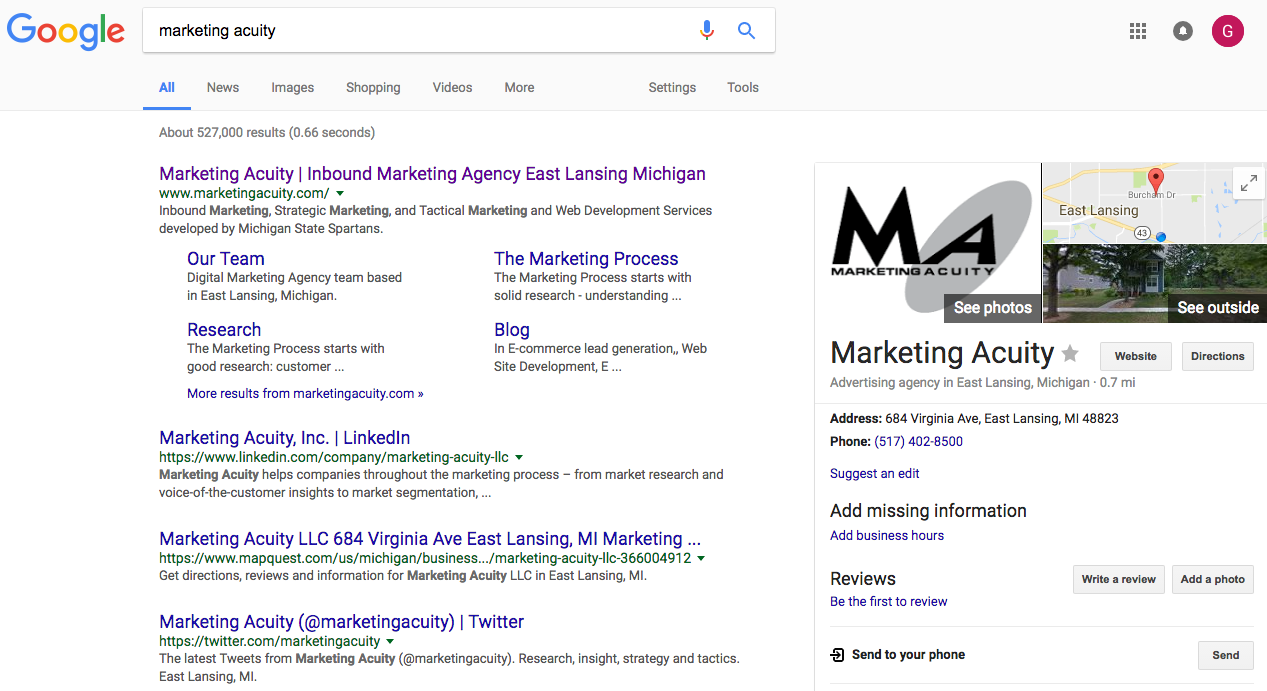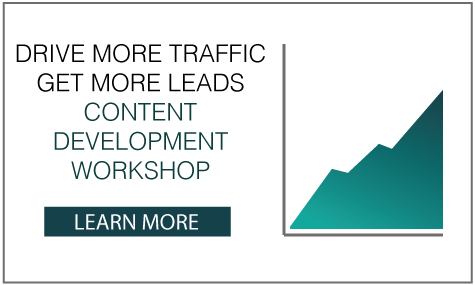SEO is an integral strategy for a successful website, and by following certain guidelines when optimizing your web pages for search, you can make your web page more easily findable to those who are looking for solutions your business offers.
Although SEO is just one factor contributing to website (and business) success, by carefully and properly optimizing your web pages, you can make your site more visible to your target audience. A lot of different things go into optimizing web pages, so this guide will serve as a sort-of “how to” guide on what you should do when optimizing your site.

- Keywords
- The very first thing that one needs to look at thinking about the SEO for their website is to generate a list of keyword
- Create a list of important keywords that stem from things that your ideal customers are searching for, and words that are related to your business or product.
- Evaluate which keywords work best for your website, and which will resonate with your customer base, while being the easiest to rank for. There are some excellent tools available online for this including https://moz.com/explorer and the keyword tool in marketing automation systems like Hubspot (our favorite for it’s ease of use.)
- Content
- Now that you have your keywords in place, and you have an idea of what your personas and customers are searching for, you need to create content around those keywords.
- Add the keyword(s) to your page title and URL, to the body of the text, and to the image alt-text.
- Having more content under the same keyword is more beneficial for your site but be sure to not overuse or overload a keyword in your text or on a page because search engines will pick up on that.
- Creating consistent content in the form of a blog, or set of videos, for example, is a great strategy for constantly updating your site’s SEO, and adds more pages to your site, making it more visible to search engines.
- Add relevant outbound links to your web pages that are from high quality reliable sources and are related to what you are talking about on your page.
- Usability
- Make sure you create your website with your users in mind. SEO is important but don’t get too caught up with trying to rank higher, instead keep the users experience in the forefront of your SEO strategy.
- If users are having a negative experience on your website, search engines will take that into consideration and rank you lower. Make sure your site is aesthetically pleasing, runs smoothly, and is easy to navigate.
- When creating your web pages, keep in mind that a lot of users will be viewing it from their phones or tablets. Making sure that your website is properly optimized for mobile viewing is a must do.
- Page load speed. If your pages take forever to load, that might deter people from your website making it harder to rank higher for your keywords.
As you can clearly see, there is a lot of different aspects that go into having a successful SEO strategy, and ranking your website higher on search engines. Determine and narrow down your keywords, create powerful content that is focused around those keywords, and make your site easily usable and soon, you will be ranking higher on search results.
Looking for more help or advice on your business’ marketing strategy? Request a free marketing assesment with us today to learn about how you can increase leads and sales today!




